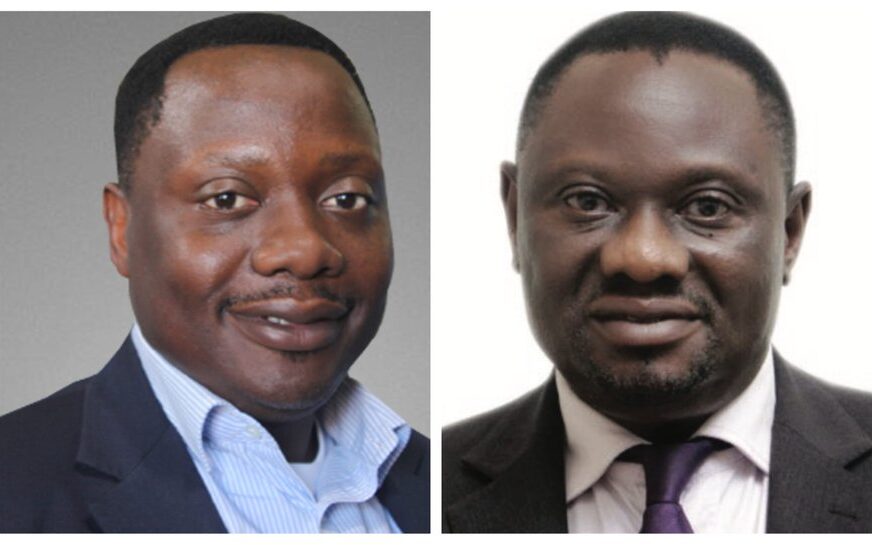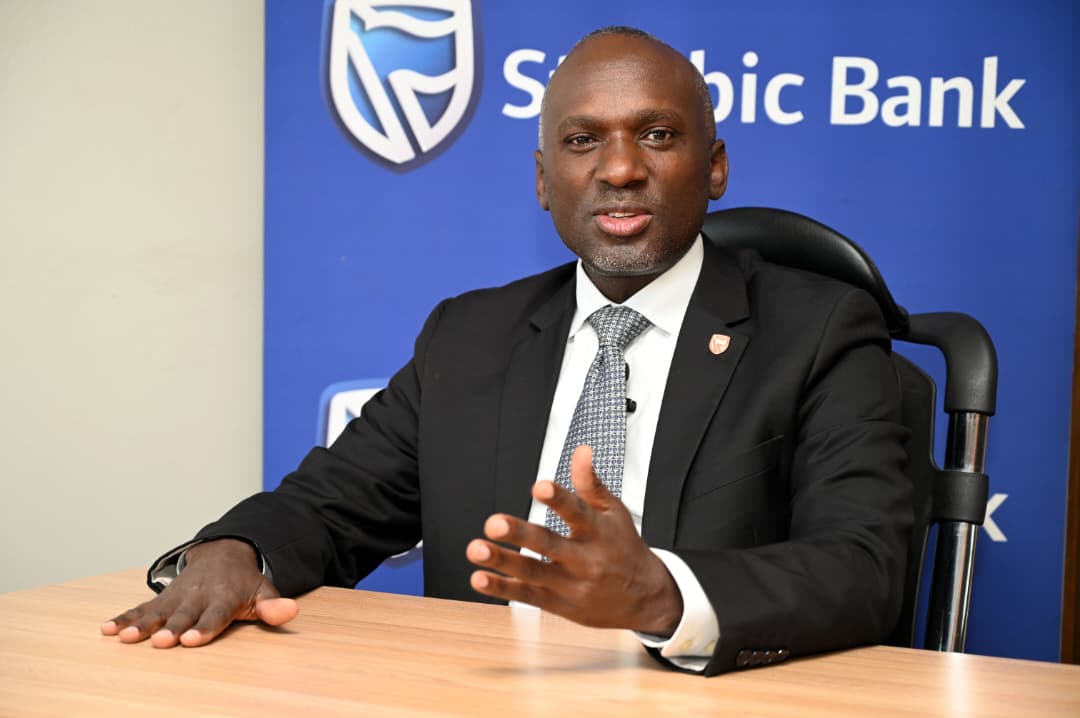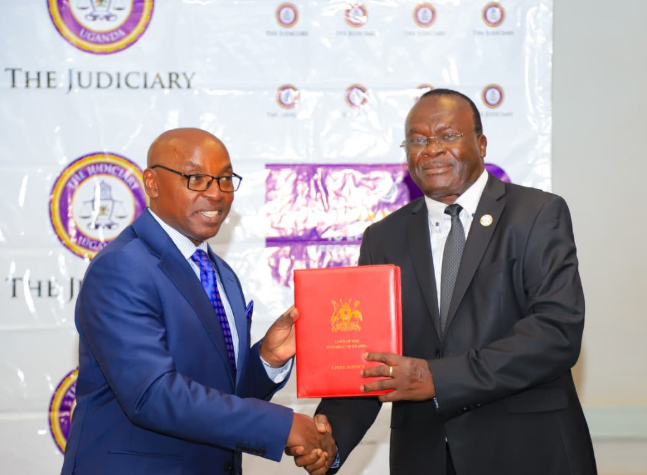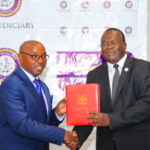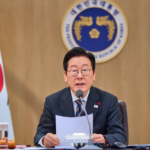In a ruling that has sent shockwaves through Uganda’s corporate and legal communities, the High Court’s Anti-Corruption Division on April 30, 2025, acquitted two directors of ThreeWays Shipping Services who were accused of orchestrating a $3.8 million (Shs 13.9 billion) fraud against MTN Uganda.
The directors Geoffrey Bihamaiso and Oscar Baitwa had faced charges of theft and conspiracy to defraud, following allegations that they submitted 125 fraudulent invoices to MTN Uganda between 2009 and 2012. Prosecutors contended that the invoices facilitated large-scale payments into a bank account exclusively controlled by the two men.
The protracted case, which began in 2016, originally involved six suspects, including insiders from both MTN Uganda and ThreeWays. Over time, plea bargains, dismissals, and one death narrowed the trial to just the two directors by 2024.
Court Ruling
Presiding judge Justice Lawrence Gidudu acquitted the pair of all charges, citing insufficient evidence to prove their criminal intent or direct involvement in the fraud. While acknowledging that MTN Uganda had indeed been defrauded, the judge ruled that the scheme had been carried out by internal MTN staff and junior ThreeWays employees without direct links to the directors.
“The fact that money was deposited into an account they controlled is not, by itself, proof of intent,” Justice Gidudu stated in his ruling.
Legal Community Reacts with Disbelief
The judgment has sparked fierce criticism from legal professionals, corporate leaders, and anti-corruption advocates, many of whom argue that the court disregarded compelling circumstantial evidence. They contend that the directors’ exclusive control over the account used as an “exit channel” for the stolen funds should have sufficed to establish complicity particularly given the scale and duration of the fraud.
“The ruling defies logic,” said one prominent legal analyst. “You cannot accept all the legal and factual elements of a fraud case, and then absolve the very individuals who benefited directly without a convincing rationale.”
Observers have also highlighted a contradiction in the court’s reasoning: while it endorsed the prosecution’s framing of events, it abruptly reversed course at the final verdict.
“What could possibly have changed the judge’s mind at the last minute?” asked a senior lawyer. “It is baffling.”
Investor Confidence at Risk
Beyond the immediate case, the ruling has stirred concerns about investor confidence in Uganda’s judiciary, particularly among multinational corporations.
“Multinationals in Uganda face increasing exposure to internal fraud. The courts should be their final recourse,” said a risk analyst from an international telecom consultancy. “If a case with forensic bank evidence and corroborated testimony cannot secure a conviction, then the legal system begins to look like a gamble.”
The case’s drawn-out timeline nearly a decade has already inflicted significant financial and reputational damage on MTN Uganda. The company’s legal expenses, coupled with the unrecovered loss of $3.8 million, have shaken confidence among stakeholders.
Inconsistent Judicial Standards?
Legal experts are also pointing to inconsistencies in judicial precedent. Comparisons have been drawn to Uganda v. Jeff Lawrence Kiwanuka (2017), where the same judge pierced the corporate veil to convict a director in a similar fraud case.
“In Kiwanuka, the court looked past the company structure to find who truly benefited,” one attorney noted. “Yet here, despite years of unauthorized withdrawals by the directors from the fraud-linked account, the judge refused to do the same. Why the discrepancy?”
Such inconsistencies have fueled speculation that rulings in high-profile economic crime cases may now be influenced by forces beyond legal merit.
Calls for Appeal
Amid rising public discontent, legal commentators are urging the Directorate of Public Prosecutions (DPP) to appeal the decision. Many argue that the financial trail, control of the account, and sustained pattern of benefit offer strong grounds for judicial review.
“Justice must not only be done it must be seen to be done,” said one former appellate judge. “This ruling fails on both fronts.”
As the complainant, MTN Uganda has the right to petition the DPP to appeal. However, doubts linger about whether the office now headed by a former defense lawyer for several of the accused will pursue the case further.
A Turning Point for Uganda’s Justice System?
The acquittal of Bihamaiso and Baitwa has left many in the legal community stunned and has cast a shadow over the credibility of Uganda’s judicial institutions. It raises serious questions about the system’s capacity to hold powerful individuals accountable in white-collar crime cases.
With public confidence wavering and legal certainty in doubt, this case may prove to be a defining moment for Uganda’s approach to corporate fraud and a critical test of whether its judiciary can deliver justice transparently and consistently.

